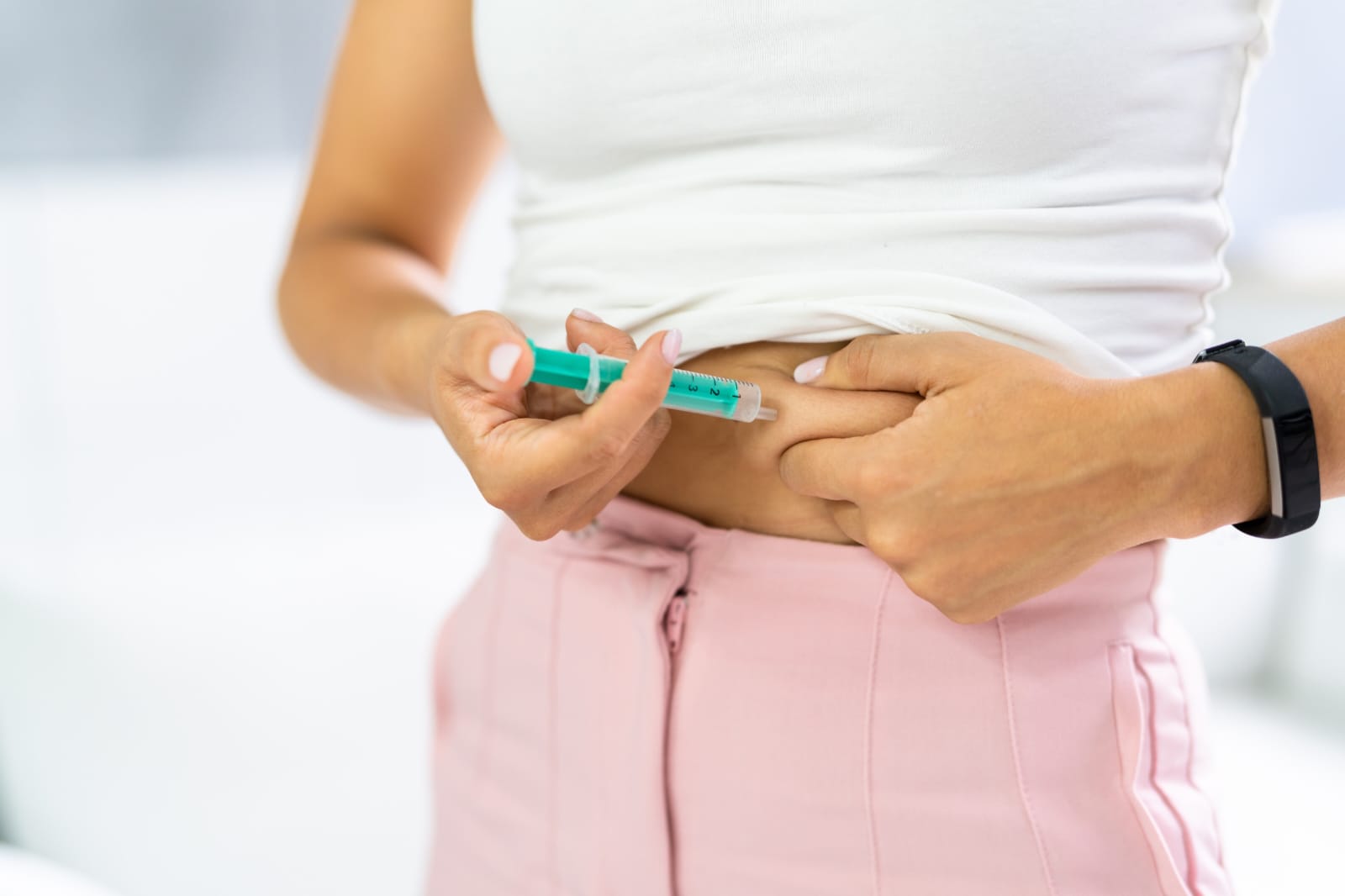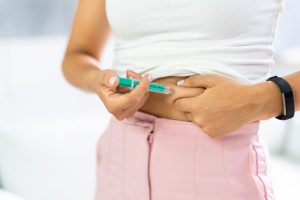What Do I need To Know About Weight-Loss Injections
Weight-loss injections using GLP-1 receptor agonists mimic a natural hormone in the body that suppresses appetite, slows digestion, and promotes a lasting feeling of fullness.
As the popularity of weight-loss injections continues to surge globally, health experts are cautioning that these treatments must be accompanied by significant lifestyle changes.
New JAMA Guidelines on Weight Loss Injections
New guidelines published this week in JAMA Internal Medicine recommend that patients using these medications adopt a high-protein diet, engage in resistance training, stay well-hydrated, and avoid lying down after meals. These recommendations are designed to minimize side effects and prevent the dangerous loss of muscle mass.
Weight-loss injections based on GLP-1 receptor agonists — including medications such as Ozempic, Wegovy, and Zepbound — have become one of the most prominent medical interventions of recent years. These drugs mimic a natural hormone in the body that suppresses appetite, slows digestion, and promotes a lasting feeling of fullness.
Estimates suggest approximately 16 million Americans are already using these treatments, whether to manage type 2 diabetes or as part of weight-loss regimens. But while their effectiveness is widely recognized, health professionals stress that injections alone are no magic solution.
Prof. JoAnn Manson of Brigham and Women’s Hospital in Boston, a lead author of the new guidelines, emphasized that the drugs are effective but “not a substitute for a healthy lifestyle.”
“Patients who do not maintain adequate protein intake, proper hydration, and regular exercise — especially resistance training — may experience nutritional deficiencies and a significant reduction in muscle mass,” Manson said.
The guidelines warn that patients may lose between 15% and 21% of their body weight while using these medications, but up to a quarter of that loss could come from lean muscle mass. Such a decline can lead to fatigue, weakness, reduced physical function, and a slower metabolism.
What do experts recommend to counter the risk?
To counter this risk, experts recommend:
- consuming between 1 and 1.5 grams of protein per kilogram of body weight daily from sources such as poultry, fish, tofu, chickpeas, or lentils.
- For patients struggling to maintain sufficient intake, protein shakes may help supplement their diet.
- An ideal plate, according to the recommendations, would consist of half vegetables and fruits, one-quarter protein, and one-quarter whole grains.
- The guidelines also encourage combining at least 60 to 90 minutes of resistance training per week with 150 minutes of aerobic activity such as brisk walking.
- Given that the drugs often cause dry mouth, constipation, and dehydration, the authors recommend drinking 8 to 12 cups of water daily and consuming water-rich foods such as watermelon and cucumber.
- They also suggest reducing caffeine, alcohol, and sweetened or diet drinks, which can exacerbate nausea.
- Finally, to reduce the risk of heartburn, patients are advised to avoid lying down for two to three hours after eating, limit fatty and fried foods, and increase fiber intake to help prevent constipation — one of the most common side effects of these medications.
Experts conclude that while these drugs are effective, they should be viewed as one component of a comprehensive approach to weight management. Without attention to diet, exercise, and healthy habits, they are unlikely to deliver lasting results.
Click here to learn more
💉 Considering weight-loss injections but unsure where to start?
Get expert, personalized guidance to support your journey—beyond the prescription.
📅 Book your FREE 30-minute consultation with Certified Nutritionist & Life Coach Lorie Eber today:
📧 Eberlorie@gmail.com
Let Lorie Eber help you pair weight-loss injections with the right diet, hydration, and fitness plan—so you get safe, lasting results.







